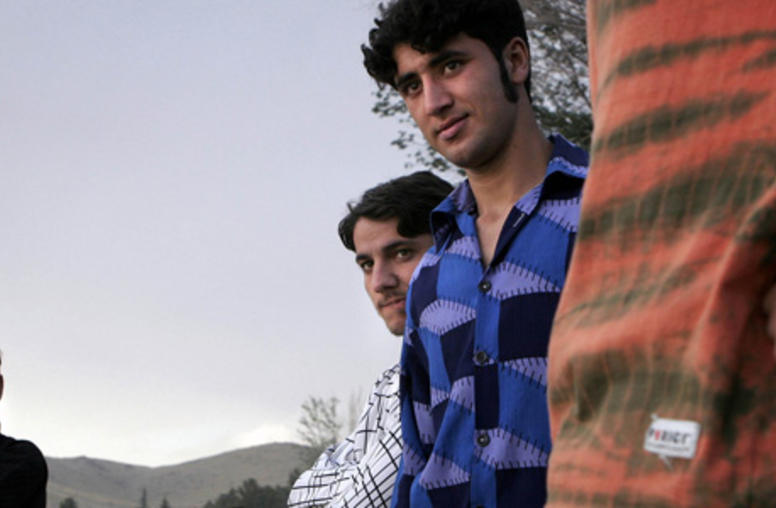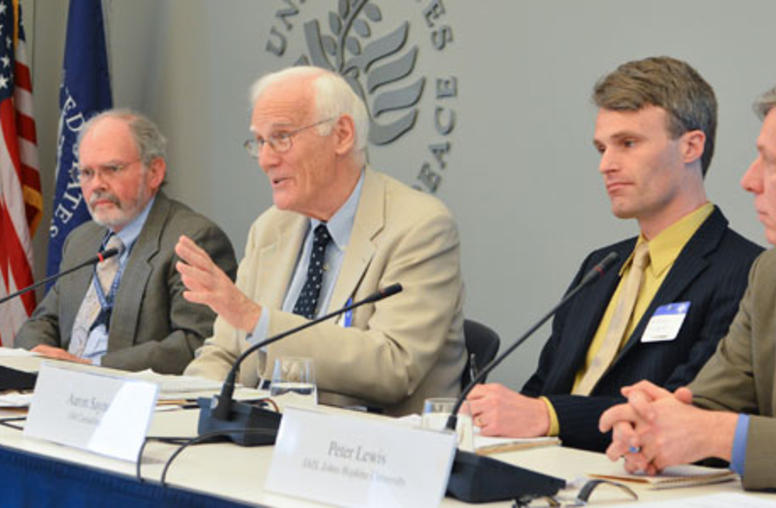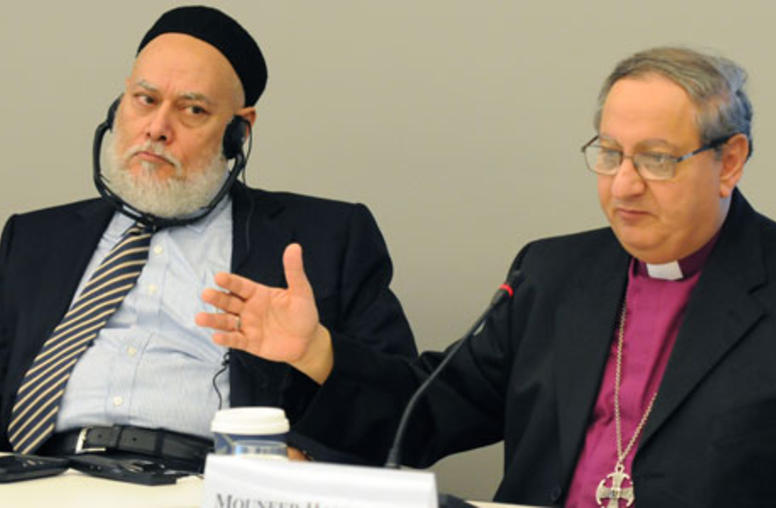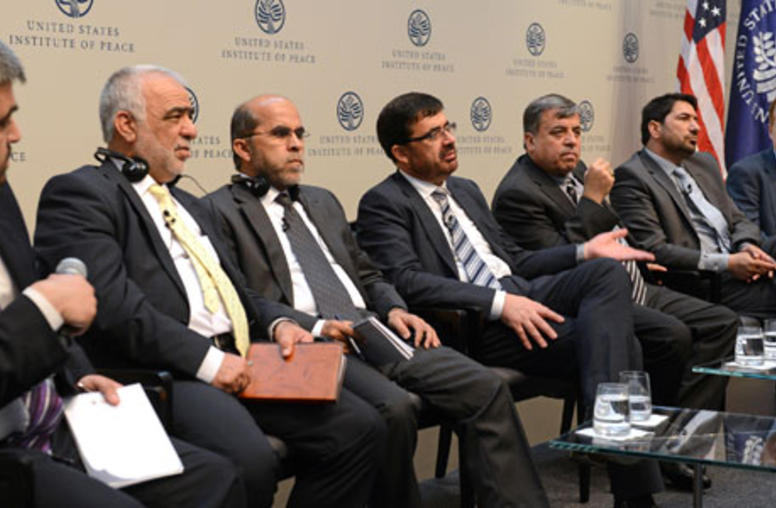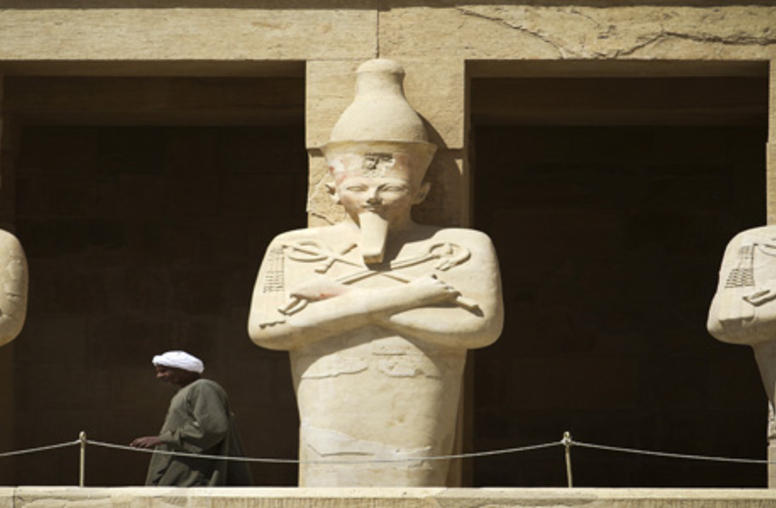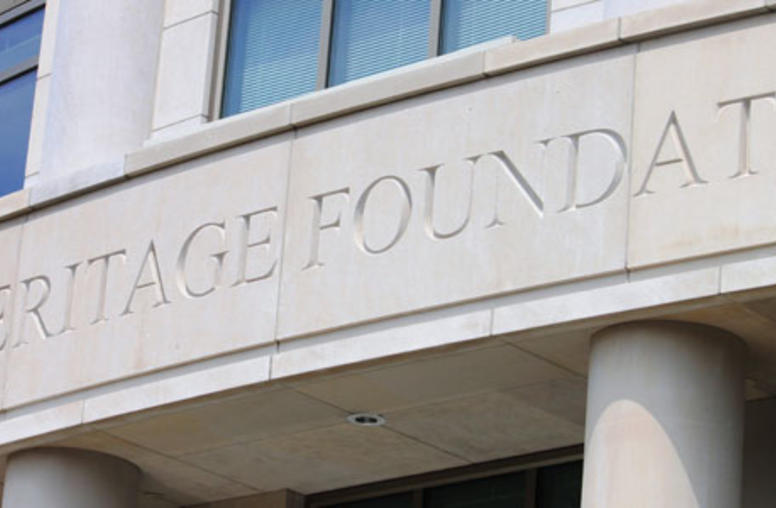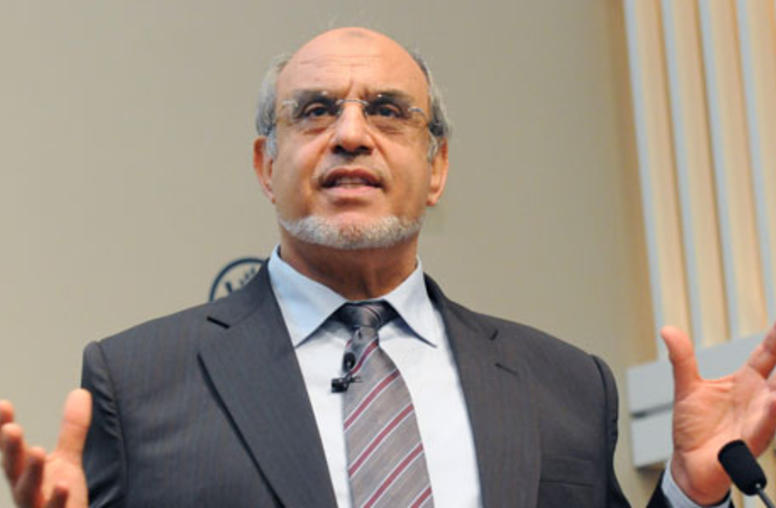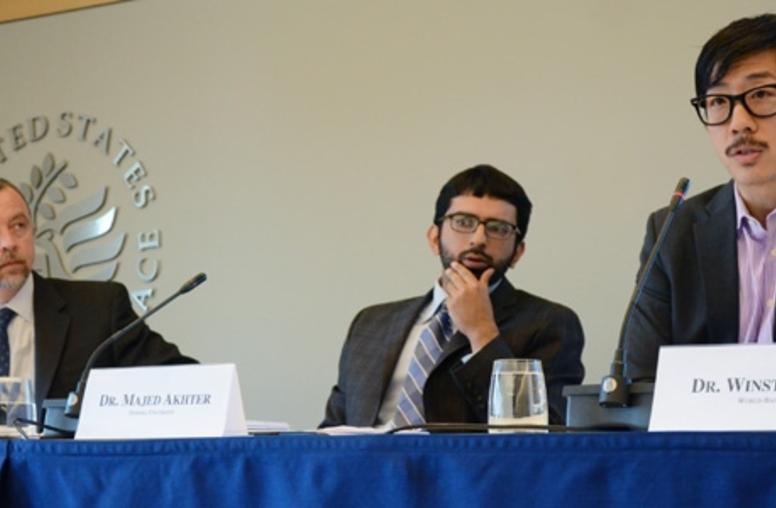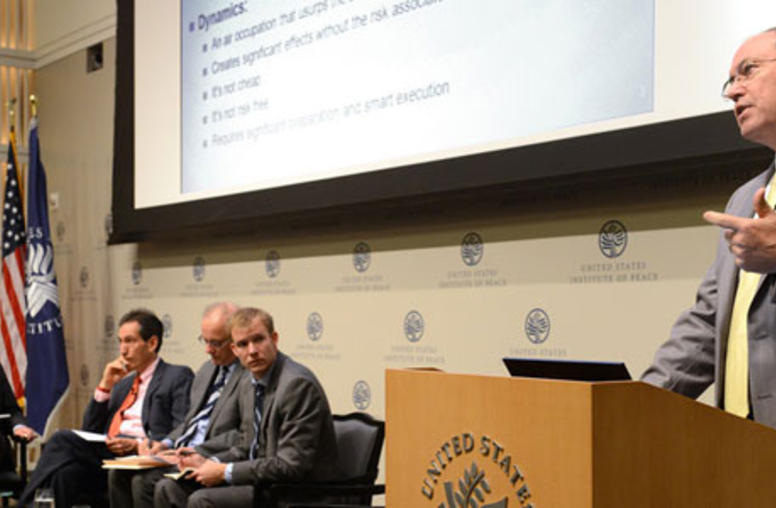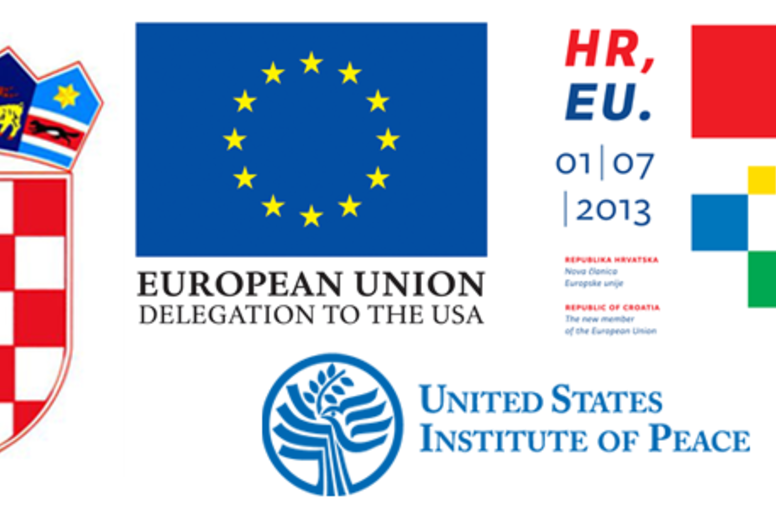
Croatia's EU Accession: Spreading Peace Through Integration
The Embassy of the Republic of Croatia, the Delegation of the European Union to the United States of America and the U.S. Institute of Peace organized a panel discussion with Ambassador Joško Paro, Ambassador João Vale de Almeida, Ambassador Peter Galbtraith, and Mr. Jonathan Moore about Croatia’s journey to accession into the EU and the regional implications of Croatia’s membership.
